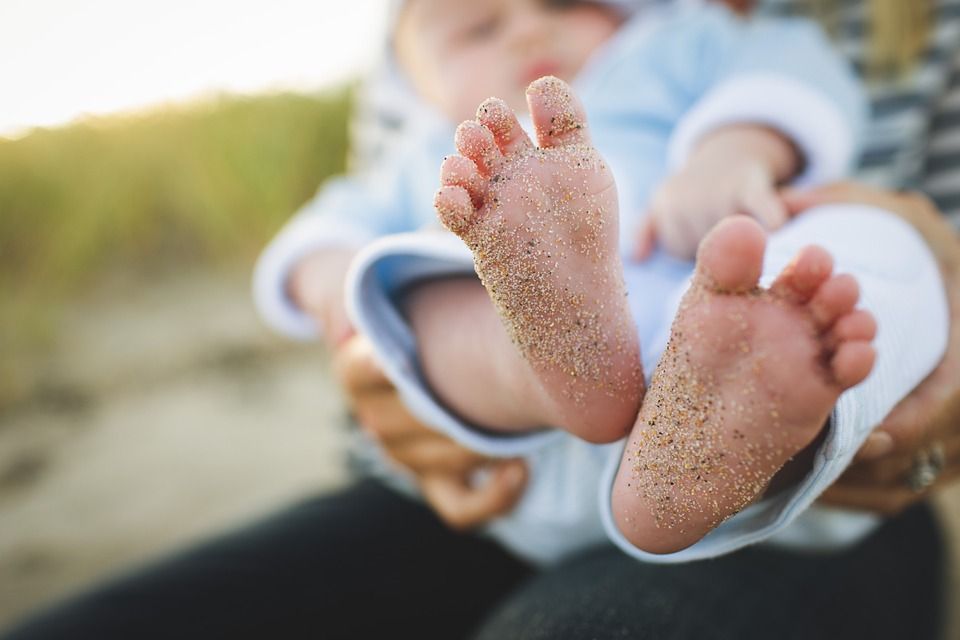Boosted by over 10,000 newborns last year, the population of Copenhagen keeps on increasing.
The population of Copenhagen exceeded 600,000 in 2016, thanks partly to the 10,091 babies born – over 500 more than in 2015. Frank Jensen, the mayor of the city, praised the figures.
“It’s great that Copenhagen keeps growing and that Copenhageners are having more children,” said Jensen.
“I interpret the development as Copenhagen being a lovely city to live in and to have children in.”
The number of births has considerably shot up in the capital in recent years, well up from the 8,554 born in 2008, and 110,000 more people are expected to live in the city by 2030 – an increase of almost 20 percent.
READ MORE: Baby boom threatening Danish maternity wards
More expat settlers
Statistics also showed that the trend is down to the average woman in Copenhagen having more children. The number of children per woman increased from 1.54 in 2015 to 1.63 last year.
It was particularly ethnic Danes who are having more children – the number of children per woman with a non-western immigrant background has actually declined in recent years to a level below ethnic Danish women.
Another reason for the growth spike in the city is the large number of people moving in from abroad. Out of the approximately 11,000 increase last year, 4,446 came from overseas and in total, about 35,000 have come to Copenhagen from abroad since 2007.
Interestingly, in recent years more and more people are moving from Copenhagen to other parts of Denmark compared to people moving to the capital from other municipalities in the country.
















